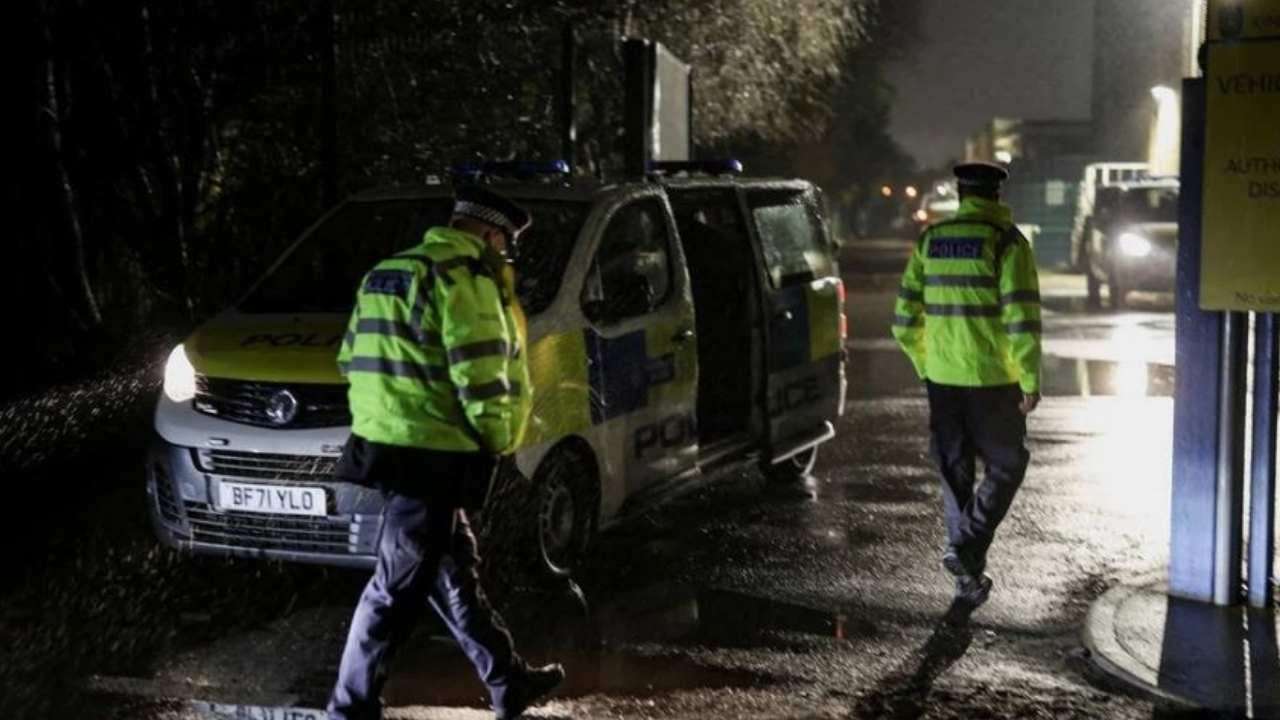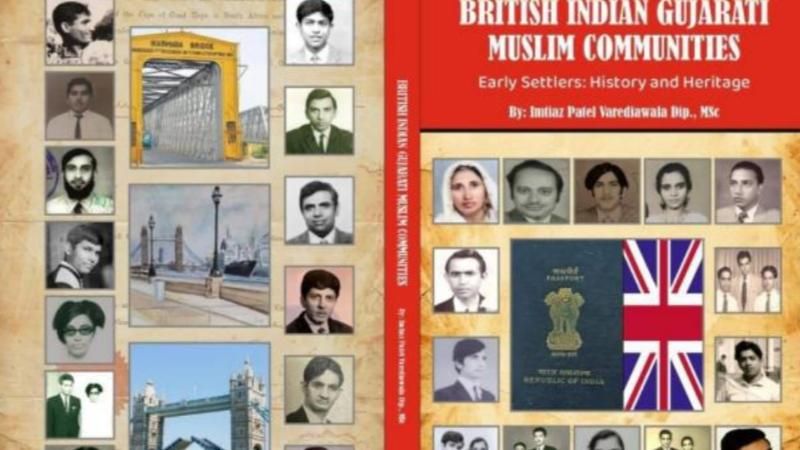A significant new literary work is set to illuminate the vital and often unrecognised history of the British Gujarati Muslim community, with a particular focus on their deep roots in Blackburn and across Lancashire. "British Indian Gujarati Muslim Communities: Early Settlers – History and Heritage," the sixth and most anticipated publication by renowned author, poet, journalist, and researcher Imtiaz Patel Varediawala (Tankarvi), offers an unprecedented exploration of migration, identity, and the preservation of cultural heritage in the UK.
Blackburn stands as a profoundly historic place for diverse British Muslim communities, serving as a key destination for generations of migrants from the Indian subcontinent. From the early to mid-20th century, the town, like many other Northern industrial hubs, welcomed significant numbers of Muslims from what is now India, Pakistan, and Bangladesh, drawn by the burgeoning textile industries. These communities, including British Bangladeshi, British Pakistani, and British Indian Muslims (among whom Gujaratis are a prominent group), have collectively shaped the social, cultural, and economic fabric of Blackburn, establishing mosques, businesses, and vibrant community organisations that continue to thrive. The town's demographic landscape reflects this rich tapestry, making it a crucial site for understanding the broader narrative of Muslim settlement in Britain.
Imtiaz Patel Varediawala's monumental 600-page book is the culmination of over five years of dedicated research. It features an extraordinary collection of more than 91 structured interviews, notably including the voices of many women for the first time, highlighting their impactful role in society. Complementing these personal narratives are six academic articles, over 400 rare photographs, and more than 30 letters of commendation from critics, scholars, and institutions, underscoring the book's comprehensive and authoritative nature.
The work delves specifically into the experiences of the Bharuchi and Surti Vahora communities, tracing nearly six decades of their journey to the UK. It meticulously examines their migration patterns, the formation of their unique identities in a new land, and their steadfast efforts to preserve their religious and cultural heritage. The book serves as a powerful testament to the resilience and determination of these early settlers, chronicling their stories with remarkable depth and accuracy.
Speaking about his latest work, Imtiaz Patel Varediawala remarked, "This book is a tribute to the resilience, determination, vision, and identity of our elders who, despite numerous challenges, laid strong foundations in a new land. It seeks to honour and preserve the untold fascinating and inspiring stories of our ancestors' migration, the formation of our communities, and the richness of our cultural and religious heritage—with dignity, accuracy, and historical integrity.”
"British Indian Gujarati Muslim Communities: Early Settlers – History and Heritage" is more than just a historical account; it is a vital cultural preservation initiative. It aims to safeguard the identity, values, and legacy of British Indian Gujarati Muslim communities for future generations, ensuring their profound contributions to British society are recognised and remembered. The book's presentation at the Gujarat Today daily newspaper office in Ahmedabad, Gujarat, India, with editor Sohel Tirmizi, assistant editor Alamdar Bukhari, and book designer Shahzad Balluwala, highlights its international significance and the widespread anticipation for its release.
This publication offers an invaluable resource for historians, researchers, and anyone interested in the diverse narratives that contribute to modern British identity. It underscores Blackburn's pivotal role in the story of British Muslims and celebrates the enduring spirit of communities who built new lives while honouring their heritage.








.svg)

